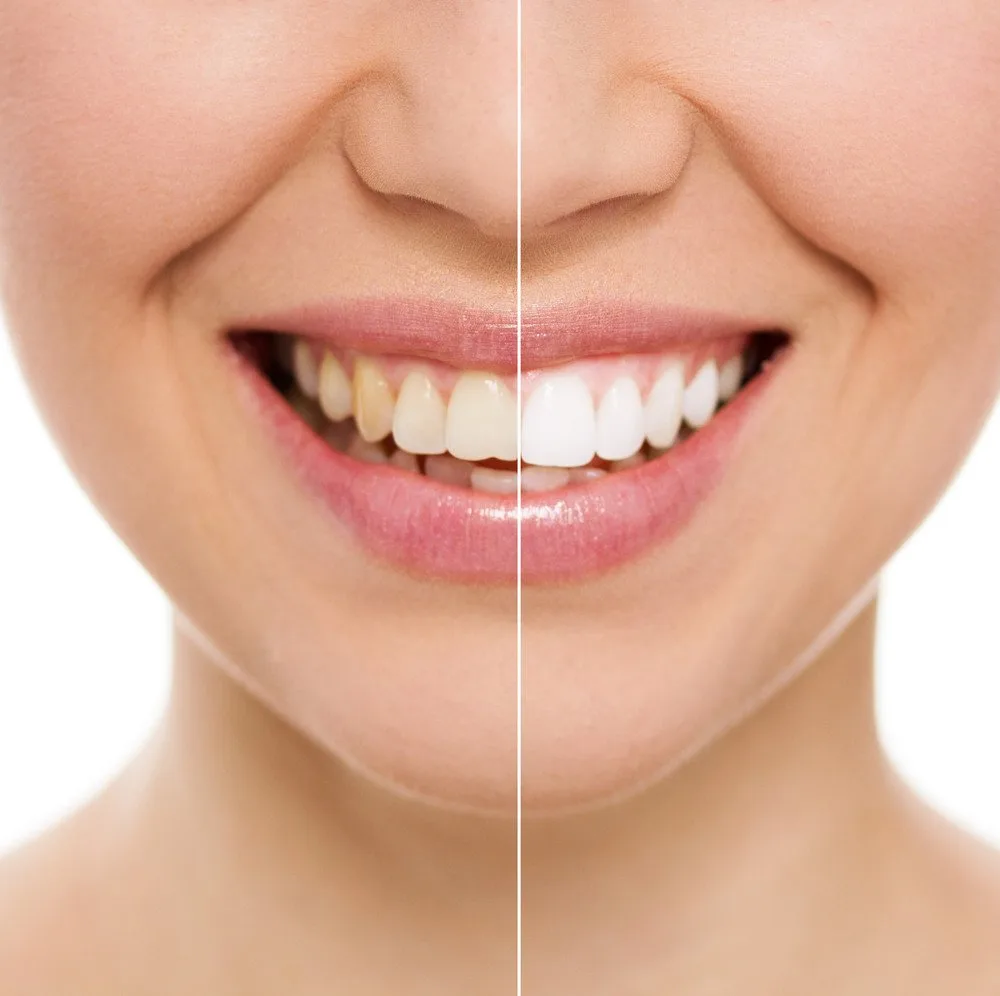In recent years, people in the UK have become increasingly interested in improving the appearance of their teeth. This has resulted in a rise in demand for dental veneers. Smiling is big business with brands such as The Point Dental booming growing every year. Huge, in fact. It also means a significant uptick in the value of the UK’s cosmetic dentistry industry.
Smiling is big business
Data quoted by the Oral Health Foundation in 2019 valued the sector at £2.2 billion. Experts predict this will increase by a further 8% by 2021. Queries to the Dental Helpline advice service for treatments such as implants and veneers have risen by 33% compared to a decade earlier.

Aesthetic benefits for veneers
Clearly, more and more people are starting to take an interest in the aesthetic benefits that dental veneers offer. It’s certainly true that a successful veneer can make you look younger. They’ll improve your smile and deliver a genuinely positive aesthetic impact. That is why it is important to find a recognized dentistry service with positive patient reviews like Premier Dentistry. However, it’s important to remember that procedures of this kind also carry certain risks.
If you’re considering undergoing a dental veneer procedure you need to consider all the potential pitfalls. It’s best to make an informed decision before you make a financial commitment.
How do dental veneers work?
The principle behind dental veneers is simple. The dental specialist will apply a synthetic coating to the surface of the teeth in order to adjust and improve their color, shape and positioning.
The thin veneer layer is typically made of porcelain, or a natural-colored composite material, similar to the kind used to make white fillings. These veneers are applied to the teeth using a strong dental adhesive. Sometimes it requires a small amount of the tooth’s natural enamel to be removed to accommodate the new layer.
Perfect Smile
Generally speaking, this procedure is not overly complex or demanding. A dental specialist will use local anesthetic in only certain cases. Veneers can be used to produce a whiter, more even smile. They also can close gaps between the teeth or hide the appearance of a chipped tooth.
Many are prepared to spend thousands on extensive veneer work just to create the “perfect smile”.
What happens when dental veneers go wrong?
If dental veneers are implanted without the right level of scrutiny and oversight, it can impact the health and well-being of the patient in a number of ways:
- Poor-quality veneers can develop issues with longevity. This results in discomfort and an increased risk of veneer fracturing, meaning they will need to be repaired or replaced
- Badly-fitted veneers will be uncomfortable and may make it difficult to bite down properly. When the veneer is oversized, the resulting overhang can also create areas in the mouth for bacteria to accumulate. This can result in infections and swelling
- If too much enamel is removed during the preparation process, the teeth can become sensitive and painful. This may even lead to nerve damage in extreme cases
Dental veneers are not designed to last forever
It is worth bearing in mind that even in a best-case scenario, veneers are not designed to last forever. They can chip and break in the same way natural teeth can. However, they are intended to last for years before needing to be repaired, so when they are fitted poorly it can lead to a need for repeated treatments in a short space of time.
Unless the veneer is deemed necessary by a doctor for oral health reasons, these procedures will not be covered by the NHS. A botched veneer can result in significant financial costs. This is in addition to the immediate impact on well-being. Check out the cost of porcelain veneers in Charlotte, NC
What can be done when dental veneers go wrong?
If something does go wrong with your dental veneer, it’s important to know where to turn for support. Speaking to the right people will help to ensure that any problems you are facing can be put right, and that those responsible are held accountable.
Here’s what you need to do
The first port of call should usually be to complain directly to the dentist or practice who is responsible for the procedure. However, if treatment was provided by an unqualified or negligent practitioner, this may not be a viable option. As such, patients should be prepared to make contact with regulatory bodies such as the Dental Complaints Service (DCS), the General Dental Council (GDC) or the Care Quality Commission (CQC) to ensure that action is taken.
Personal Injury
Alternatively, it may be necessary to file a personal injury claim with a law firm in order to claim compensation for your poor treatment. By contacting a solicitor with experience in handling cosmetic dentistry claims, you may be able to secure a payout. This will help cover the costs associated with your recovery from the initial botched veneer procedure.
The Bottom Line
In an ideal world, veneer implants would be a risk-free process delivering the promised cosmetic benefits to 100% of patients. However, because this is not the case, patients should always make sure to research all the possible pros and cons. They also need to consider all available options in case something goes wrong, to ensure they’re making the right choice.
References
-
Implants and Veneers Top List of Nations Oral Health Questions: https://www.dentalhealth.org/news/implants-and-veneers-top-list-of-nations-oral-health-questions
-
Veneers: https://www.dentalhealth.org/veneers
-
Dental Complaints Service: https://dcs.gdc-uk.org/
About the Author
 Stuart Snape is a managing partner at Graham Coffey & Co Solicitors. The Manchester-based legal firm has many years of experience in handling dental negligence claims. Stuart has helped thousands of individuals claim damages after suffering caused by the negligence of another party. He’s a passionate advocate for civil justice across all levels of society. You can read more about Stuart Snape here.
Stuart Snape is a managing partner at Graham Coffey & Co Solicitors. The Manchester-based legal firm has many years of experience in handling dental negligence claims. Stuart has helped thousands of individuals claim damages after suffering caused by the negligence of another party. He’s a passionate advocate for civil justice across all levels of society. You can read more about Stuart Snape here.




![women [longevity live]](https://longevitylive.com/wp-content/uploads/2020/01/photo-of-women-walking-down-the-street-1116984-100x100.jpg)










